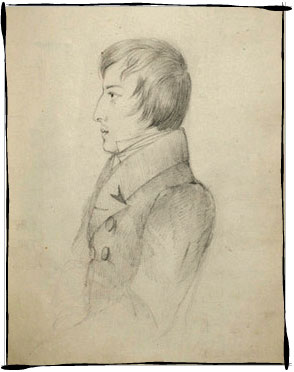Op. 2, Variations in B♭ major
Op. 10, 12 Etudes
Op. 11, Concerto in E minor
Op. 21, Concerto in F minor
Op. 22, Polonaise in E♭ major
Op. 24, 4 Mazurkas
Op. 25, 12 Etudes
Op. 26, 2 Polonaises
Op. 27, 2 Nocturnes
Op. 28, 24 Preludes
Op. 30, 4 Mazurkas
Op. 35, Sonata in B♭ minor
Op. 50, 3 Mazurkas
Op. 63, 3 Mazurkas
Op. 64, 3 Waltzes
(Op. 4), Sonata in C minor




Op. 22, Andante spianato
Andante spianato from Op. 22
The Andante spianato has the character of a nocturne, and at the same time of a lullaby. It forges an oneiric mood, from which the listener is only released by the fanfares of the horns announcing the Polonaise. Spianato means evenly, without contrasts, without any great agitation or anxiety. Thus interpreters are put in mind of the mood of a harmonious moonlit night, a landscape dominated by the reflecting surface of a lake, or even the singing of sirens on gently rocking waves or the immersion in a state of unwavering meditation. The arabesque of the piano, wending its way endlessly above the nocturne-like accompaniment, fades away. New music appears – different, though also hushed: songful and melodious, and lightly tripping, but above all focussed and straightforward, played semplice and entirely without pedal. Pauses are then followed by a return to the music of the interrupted nocturne. But that too dies away, giving way for a moment once more to the concentrated chords of that semplice, now frozen in immobile expectation.
See also the description of the Polonaise.

